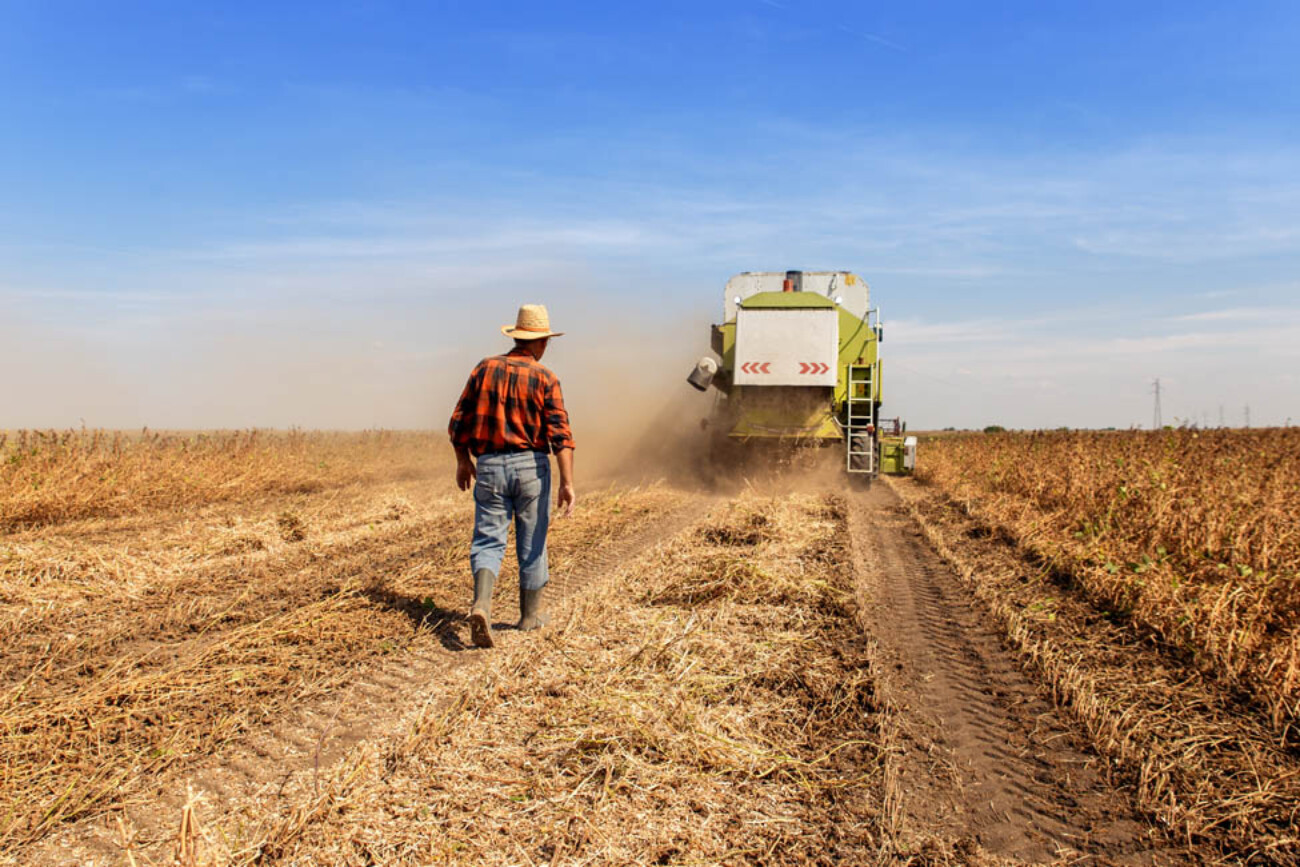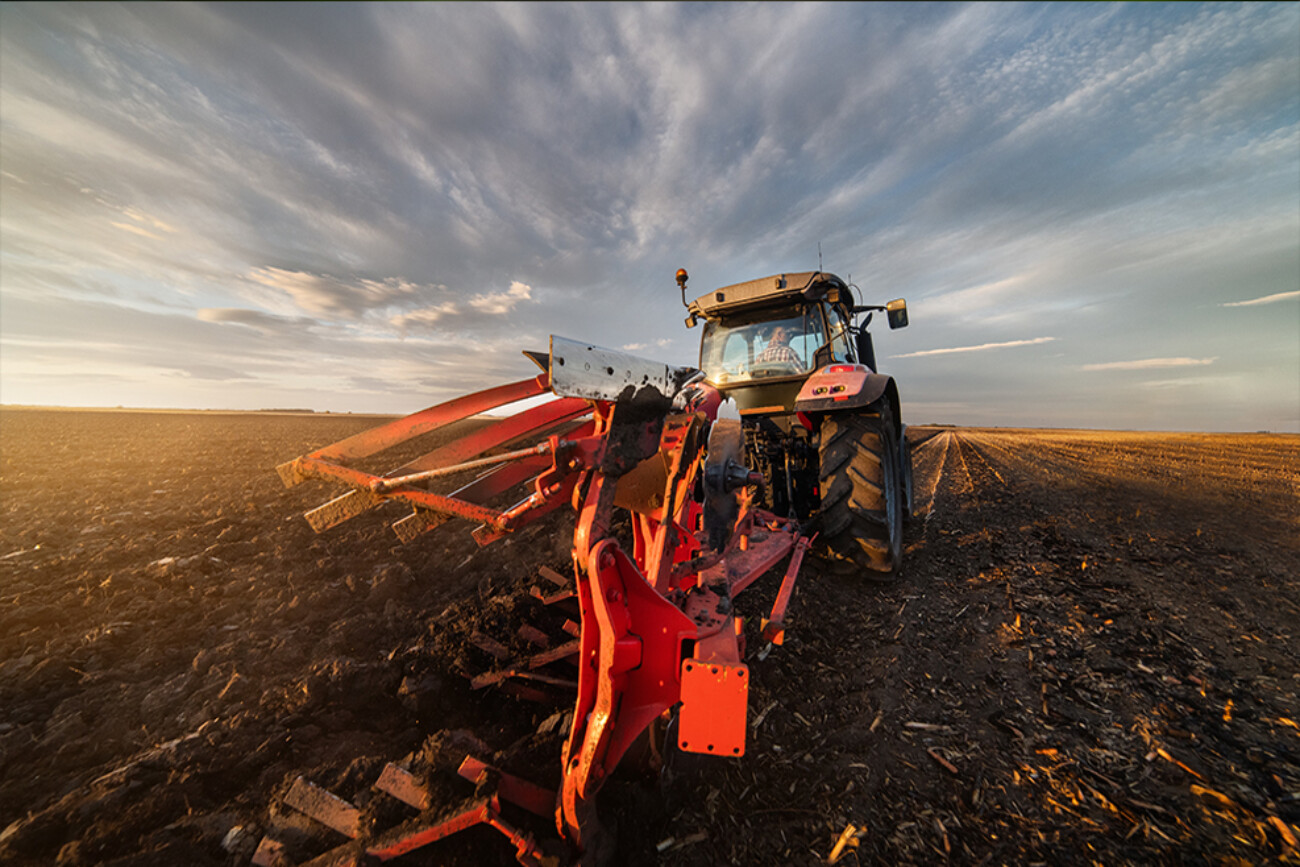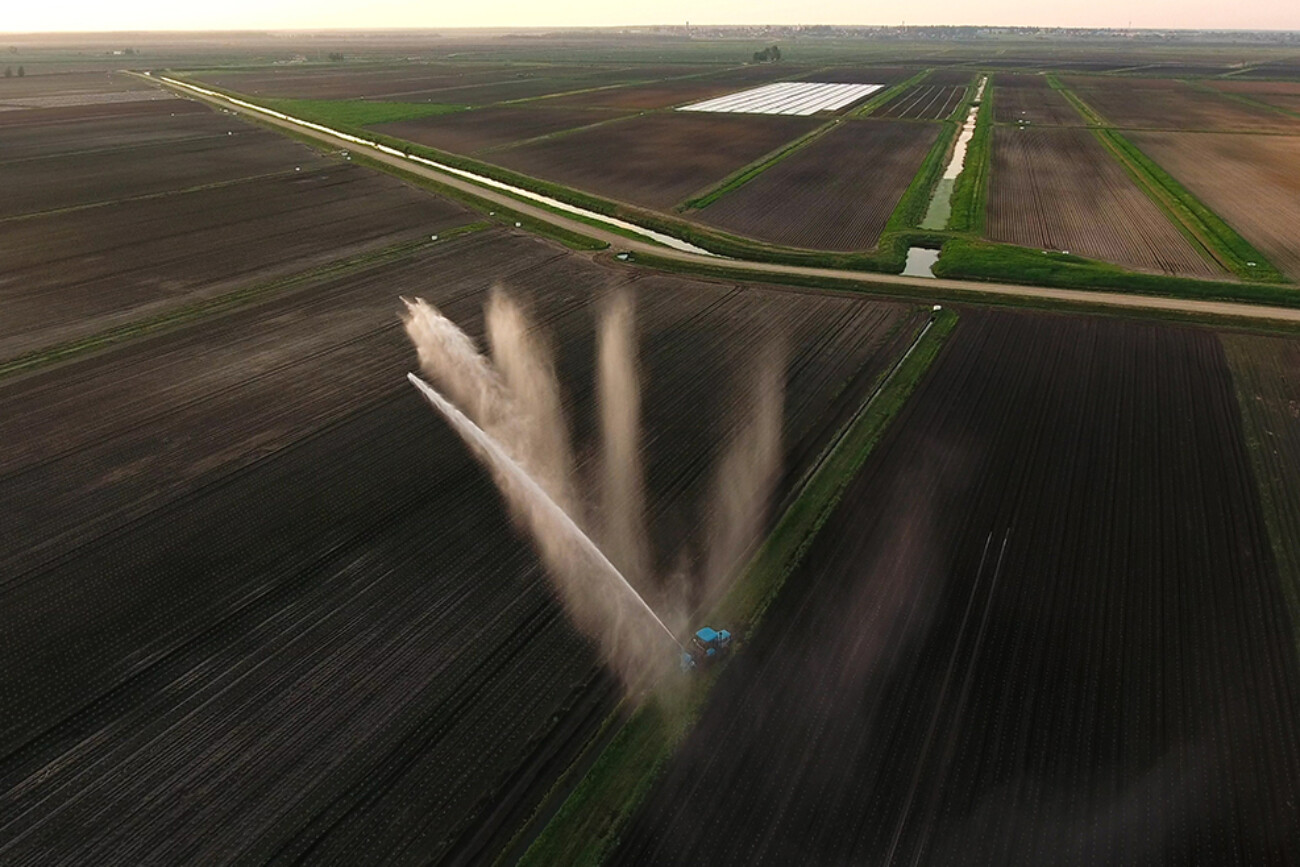Global Macro
It is said that when Lavrenti Beria was tried and executed, the Central Committee in Moscow, now run by Nikita Khrushchev, did not announce his death for a week. They needed to liquidate his closest Lieutenants and assorted thugs and so they brought in military units from beyond Moscow to do the deeds. The Kremlin itself, was guarded by pro Beria units so Khrushchev didn’t actually step foot into the Kremlin until 3 weeks passed and all his potential assassins were eliminated.
Russia for all its glory, empire and pomp was really a series of fiefdoms, whose powers were limited by a centralized Government. Empire and all its excess was replaced by Statism and all its violence. Watching Russia today, its clear that nothing has changed aside from the names of the protagonists. Yevgeny Prigozhin, may indeed be today’s Beria and tomorrow’s Putin. The key to the inevitable succession will be who declares the most believable victory in Ukraine. To listen to the western press, it is a fait accompli. Rarely is the press right about these things and they are invariably more nuanced.
Expect US Dollar weakness to accelerate this summer
if we are served the recession that many believe is due.
The US continues to astonish the rest of the world at its unrivalled ability to shoot itself in the foot. Debt ceiling negotiations continue, though we ascribe very little probability to those that talk of default, but the political system continues to hatch lame ducks and very little if anything outside of foreign policy gets done, and that’s nothing to shout home about.
We continue to look for US Dollar weakness this summer and expect it to accelerate if we are served the recession that many believe is due. We are slowly but surely losing faith in the Federals Reserve and its ability to chaperone inflation and growth.
Michel Ciambra, Partner
Agricultural Commodities
The Black Sea grain deal between Ukraine and Russia was extended, but negotiations were filled with far more friction. The end result was an extension of just 60 days, rather than previous extensions of 120 days. While on the surface this may not seem like a big deal, we believe the implications are far larger. Ukraine is approaching the beginning of its harvest season and throughput will be nearing its peak when the next renewal comes around. This will leave exporters, and by extension all grain producers, in a situation where negotiating their sales contracts with reasonable terms will be very difficult. Buyers are not going to take delivery risk at Ukrainian ports, while the exporters will be competing to get grains out quickly before the next deadline. Prices will suffer unless an extension is given beforehand. In turn, producers and exporters alike are going to push their own government to concede on Russia’s demands, mainly the reopening of the ammonia pipeline that runs through Pivdennyi.
The result is likely internal turmoil. The agriculture sector is fed up with circumstances and cannot afford another year of friction and lower market prices. Zelensky will be left in a position where he will either lose popularity with one of Ukraine’s most important sectors or have to concede on Russia’s requests as they relate to the deal. The best commercial case is a reopening of the pipeline, and in turn a smoother export market for Ukraine’s grains. Politically speaking, there are risks either way.
Pivdennyi’s closure of operations will drive a wedge
between political and commercial interests in Ukraine.
Pivdennyi itself is one of Ukraine’s largest ports, often with the highest level of throughput for agricultural goods every year. We’ve visited ourselves on multiple occasions in the past, having financed operations in the region. Since May 2, no ships have been received at the port, apparently due to Russian blockade. While other ports are still operating under the deal, this is a clear message from Russia that the reopening of the ammonia pipeline is likely the most important requirement going forward. As throughput ramps up in the coming months, the necessity for operations to continue at the port will become ever more present, driving the wedge further between political and commercial interests in Ukraine.
Elsewhere in the world we saw a drop in corn and soy prices, on the back of meat processors reporting dismal numbers. It seems that a self-fulfilling prophecy of sorts was realized, as processors claimed higher feed prices compressed their margins to a point that further purchases would be less than anticipated. Current prices remain attractive for farmers and will likely alleviate the margin pressure from their biggest buyers, bringing a good balance back to the market. We believe this is a good indicator of stability across the sector and for food inflation.
Andrew Pelekis, Partner
Nord45Partners ©2023


